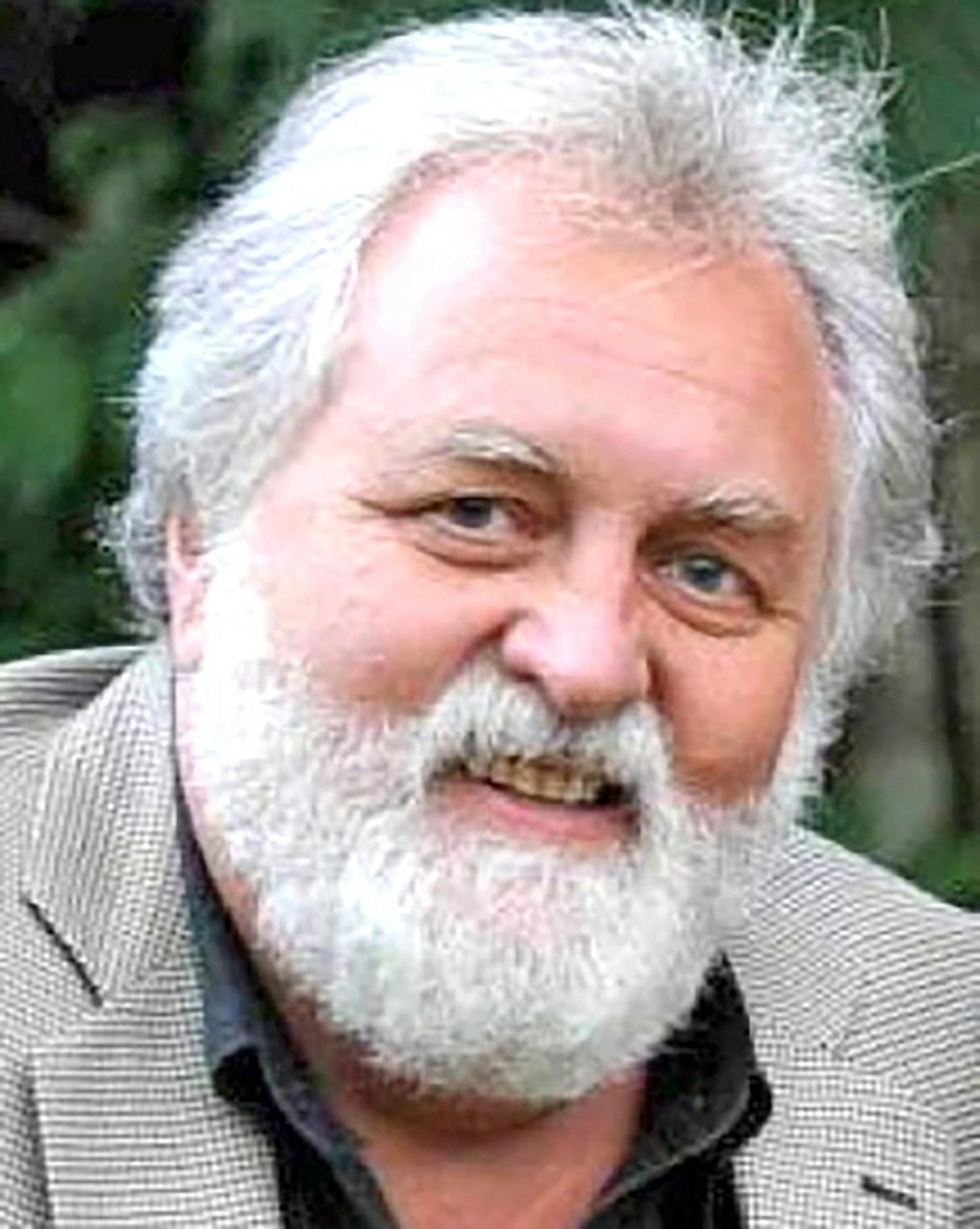With many of us taking lighter class loads this summer, students may find themselves with extra time during the week. Naturally, some will pass time laying on the Green or lounging on the swimming dock at the River. For students who feel compelled to complete “summer reading” or for those who are looking to relax and enrich their minds, The Dartmouth offers a list of book recommendations from an unexpected source: your professors.
Limited in their free time and often swamped with academic reading material of their own, professors offer a range of leisure reading selections that reflect the ideas and topics they are interested in outside of the classroom. Here is a look into the bookshelves of five professors on campus.
Jeffrey Sharlet, English professor
“The Queen of the Night” (2016) by Alexander Chee
“I’ve known his work for a long time. It’s very political, it’s about what self is and how one can construct self,” Sharlet said. “This is an entertaining and engaging work that incorporates the ongoings of France during the 19th century.”
Sharlet was introduced to Chee’s work with “Edinburgh” (2001), Chee’s first novel. In the 15 years since then, Chee has been working on “The Queen of the Night.”
“There’s something really attractive about this story, a story written by an author that didn’t just knock out a second book,” Sharlet said.
“Welcome to the Goddamn Ice Cube: Chasing Fear and Finding Home in the Great White North” (2016) by Blair Braverman
“‘Welcome to the Goddamn Ice Cube’ is an adventure book that touches on gender, violence, being a woman in the world,” Sharlet said. “It breaks the mold of adventure memoirs being the kind of story reserved for men. [The summer] is a great time to read and to read on the exciting edge of what’s going on [in literature].”
Sergei Kan, anthropology professor
“When the Doves Disappeared: A Novel” (2012) by Sofi Oksanen
“This book resonated with me and my interests both in Eastern European history and World War II. I was initially drawn to ‘When the Doves Disappeared’ with an online review and found interest in its setting: Estonia. The author was raised in Finland but writes with a strong sense and understanding of the tragedies that occurred in 1940s Estonia. Oksanen tells the story with strong language and passion, in a way like they’re real people. You identify with the characters.”
Natasha Grotz, biology professor
“When Breath Becomes Air” (2016) by Paul Kalanithi
“[This book] was written by a young neurosurgeon who becomes diagnosed with terminal lung cancer in his final year of residency. [The novel] has fascinating implications for people and gives insights into the life of someone going through those decisions. There was a certain amount of courage in [Kalanithi’s] beliefs.”
“Tomorrow’s Table” (2008) by Pamela C. Ronald and R. W. Adamchak
“‘Tomorrow’s Table’ offers commentary, reflection and guidance on the prospects of food for the future from two opposing perspectives — one from Ronald, a plant geneticist and another from Adamchak, an organic farmer. It’s an interesting book for people to think more about their food.”
Lee Witters, biology professor
“The Gene: An Intimate History” (2016) by Siddhartha Mukherjee
“‘The Gene’ is a wonderful tale about how the gene was discovered and DNA technology. It’s a book that people ought to read, especially with the direction of genomic medicine we’re heading into.”
“The Invention of Nature” (2015) by Andrea Wulf
“The Invention of Nature” tells the story of 19th century naturalist Alexander von Humboldt’s exploration of South America. Many of Humboldt’s explorations led to discoveries in aspects of ecology and South American geopolitics.
“It’s a fascinating read from a variety of disciplines.”
“Man’s Search for Meaning” (1946) by Viktor Frankl
A holocaust survivor, Frankl probes into what makes a meaningful life and how one finds meaning in one’s life.
“I think it’s something everyone ought to reflect on, especially in this time of turbulence — what really makes up a meaningful life?”
Dietrich Vollrath, visiting economics professor
“The Three Body Problem” (2008) by Liu Cixin
This science fiction novel is the first of a trilogy about the mental response to discovering an alien race exists and deciding whether to help it invade Earth or fight back.
“I initially picked it up as it was well-reviewed and non-academic and found the novel pretty interesting. The [Chinese] characters and setting were different from the typical science fiction novel.”




